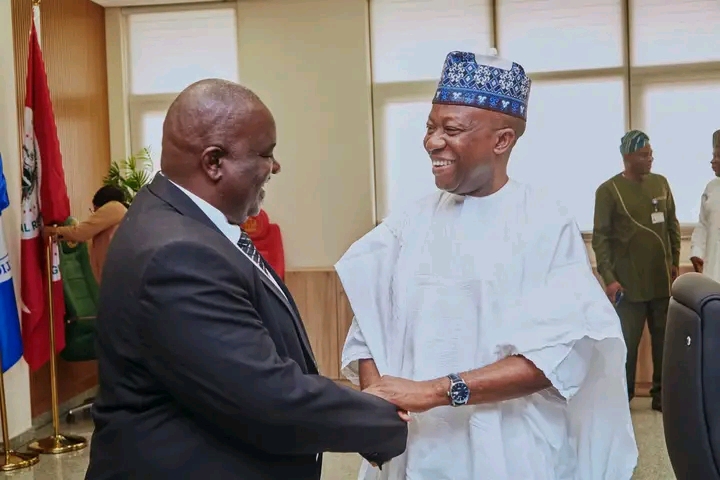By Abdul Lauya
In a firm display of Nigeria’s growing legislative diplomacy across Africa, the National Institute for Legislative and Democratic Studies (NILDS) on Tuesday, July 8, 2025, commenced a five-day capacity-building programme for Members of the Parliament of Malawi.
Themed “Repositioning Parliamentary Administration in a Changing Global Environment: The Malawi Experience,” the programme aims to equip lawmakers with the tools to navigate the evolving landscape of global governance, shaped by technology, geopolitics, economics, and environmental pressures.
The opening ceremony, held in Abuja, saw the Director General of NILDS, Prof. Abubakar O. Sulaiman, welcome the Malawian delegation with a charge to deepen legislative cooperation on the continent.
He applauded the Malawian Parliament for choosing NILDS as a strategic partner in its pursuit of institutional development and democratic consolidation.
Prof. Sulaiman, a former Minister of National Planning, also called on the Government of Malawi to reciprocate Nigeria’s diplomatic goodwill by establishing an embassy in Abuja, in line with Nigeria’s own High Commission presence in Lilongwe.
This latest engagement is part of NILDS’s expanding footprint in Africa, positioning Nigeria’s National Assembly as a continental hub for legislative training, capacity enhancement, and democratic best practices.
While regional organizations often dominate the diplomatic stage, it is NILDS, the legislative think tank of Nigeria’s federal parliament, that is quietly redefining Africa’s legislative architecture, one parliament at a time.
From training lawmakers in The Gambia and Sierra Leone to offering research-based support to emerging democracies, NILDS has become a key conduit for Nigeria’s soft power projection in Africa. Its partnership with the Parliament of Malawi is not just a technical engagement, it is a diplomatic signal that Africa is looking to Abuja for legislative direction.
As more African countries turn to NILDS for guidance, the Nigerian National Assembly must step up, institutionalize its leadership role, and provide long-term frameworks for continental legislative synergy.
In a time of global realignment, Africa’s parliaments must not only keep pace but also find strength in collective capacity. Nigeria, through NILDS, is well-placed to lead that charge.
For advert placement and inquiries, publication of press releases, and news coverages, please call: Phone: 08052898434 Email: editor@eyereporters.com, click here to view the advert rates.



